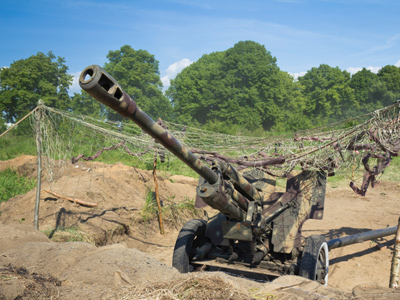
Middle East: 1948-1999 - The Wars Of 1956, 1967 And 1973
This World History quiz is called 'Middle East: 1948-1999 - The Wars Of 1956, 1967 And 1973' and it has been written by teachers to help you if you are studying the subject at senior high school. Playing educational quizzes is one of the most efficienct ways to learn if you are in the 11th or 12th grade - aged 16 to 18.
It costs only $12.50 per month to play this quiz and over 3,500 others that help you with your school work. You can subscribe on the page at Join Us
In the absence of a comprehensive peace in the Middle East, more wars were to be expected in attempts to reverse the verdict of the 1948 war. Wars did indeed follow, in 1956, 1967 and again in 1973. After successes for Israel in 1956 and 1967, the Arab states did best in the 1973 war. Subsequently, serious talks took place with Egypt.
Ready for more?
not all...
quizzers. Try to win a coveted spot on our Hall of Fame Page.







